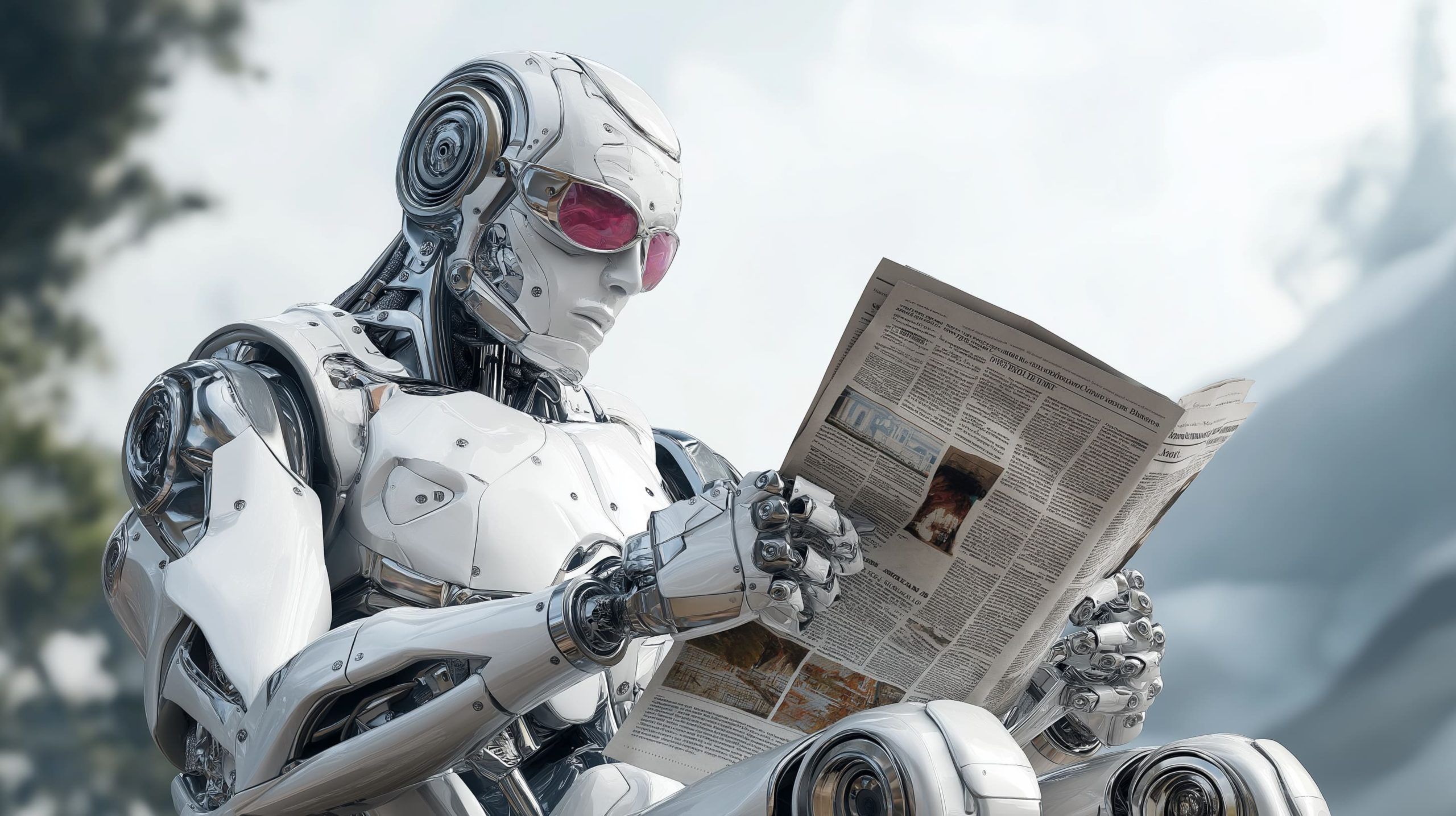
AI Breakthroughs, Billion-Dollar Bets & Backlash – The Global AI News Roundup (Aug 11–12, 2025)
OpenAI released GPT-5 on August 7, 2025, but by August 11 users reported sluggish responses and a less personal feel, prompting Sam Altman to admit the rollout was bumpy and to keep GPT-4 available for paying users while fixes are




